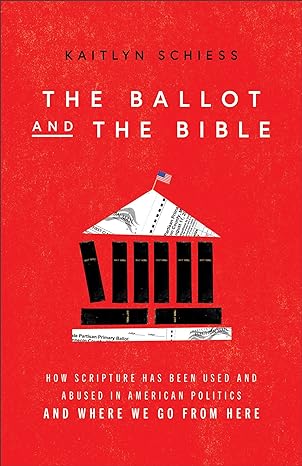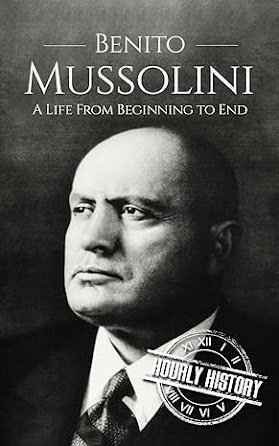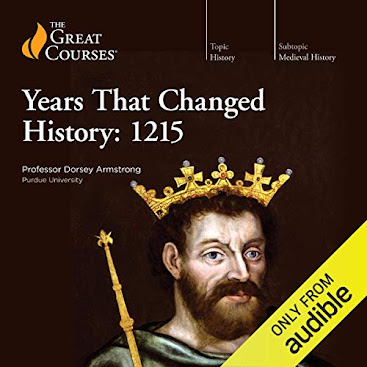The Future of Learning Institutions in a Digital Age by Cathy N. Davidson and David Theo Goldberg
Will formal education adapt and evolve to a new reality? Should it?
Published in 2009.
The Future of Learning Institutions in a Digital Age is a preview or extract of a much larger work the authors are currently writing. In reality, this should be read like a very long magazine article exploring how the digital age may affect and is affecting higher education in particular and to a lesser extent elementary and secondary education.
The "book" begins and ends, to its disadvantage, with a lot of jargon-filled commentary such as: "We contend that the future of learning institutions demands a deep, epistemological appreciation of the profundity of what the Internet offers humanity as a model of a learning institution." Yes, yes, yes. This is college writing at its classic wordiness.
Fortunately, once we get into the heart of the paper it gets quite interesting and more reader friendly. There are some big, important questions being asked here, such as, "Why go to college to get information when it can be found in 3 seconds on the internet?" and "Is the purpose of college really to learn skills under the tutelage of acknowledged experts?" (If that is so, why was my smallest class at Indiana University 8 people and the average was around 40?)
The authors seem to be leaning away from the traditional expert model of the university and embracing the collaborative model of the Internet. They use the model of Wikipedia, which is the poster child for what is right and wrong about the internet. Anyone can edit it, which means anyone with knowledge can add to it, but vandals can also damage the site or ignorant people can include their "facts" as well. One of my high school students added his own name to the site for the band Korn as a "spoon player". It stayed up there for months.
But, this model has strengths as well. As a group, we certainly know more than we do individually. The trick is using the experts to weed out the inaccurate information. The authors are especially interested in global participation - they are imagining projects with participants from all over the world, which is easily possible right now with sites plenty of online sites, not just public ones like Wikipedia. What they don't have is an answer as to how to connect the experts with the students all over the world and make sure that the "facts" that are being learned are actually facts.
The meat of this paper is quite interesting and would make for a great classroom discussion. What will education in the future look like? What will college mean in the future - will it mean that an area of knowledge has been mastered or will it mean that the holder of the degree has demonstrated the ability to work towards an abstract goal for an extended period of time? I think the latter has been reality for a while now and the diffusion of information technology will only make it more so.
I rate this book 4 stars out a possible 5. It can be found on Amazon.com here: The Future of Learning Institutions in a Digital Age.
Reviewed June 28, 2010.










Comments
Post a Comment